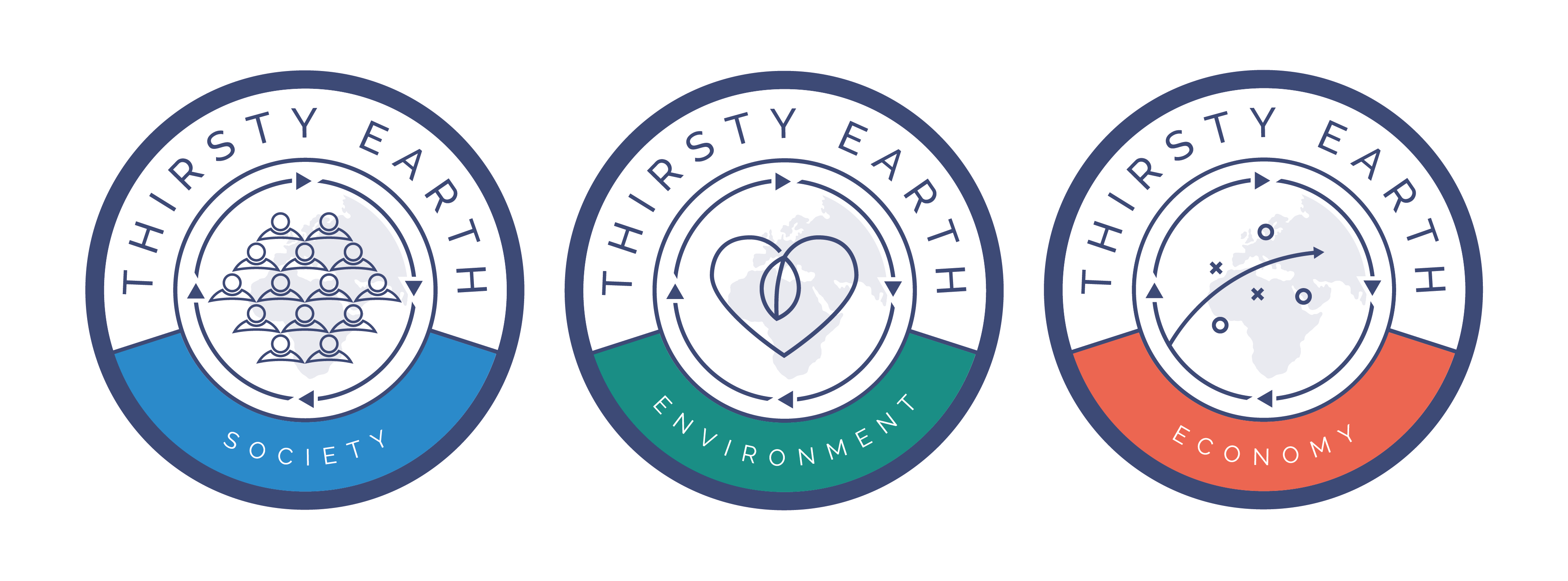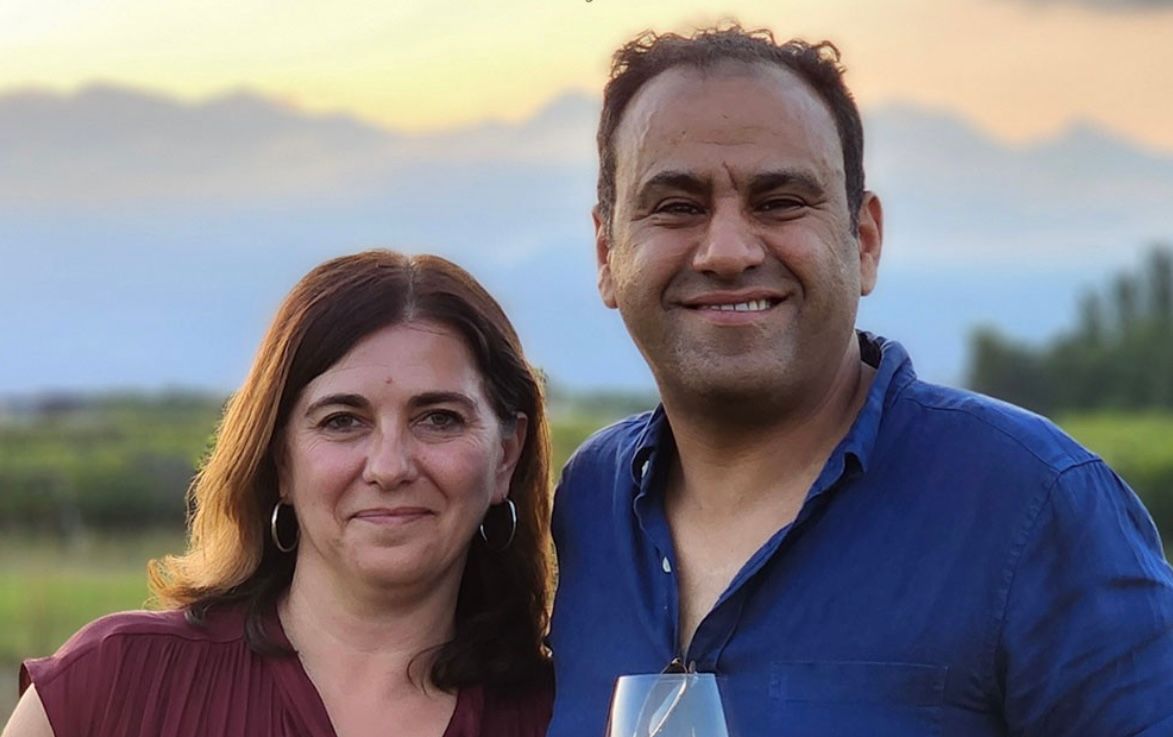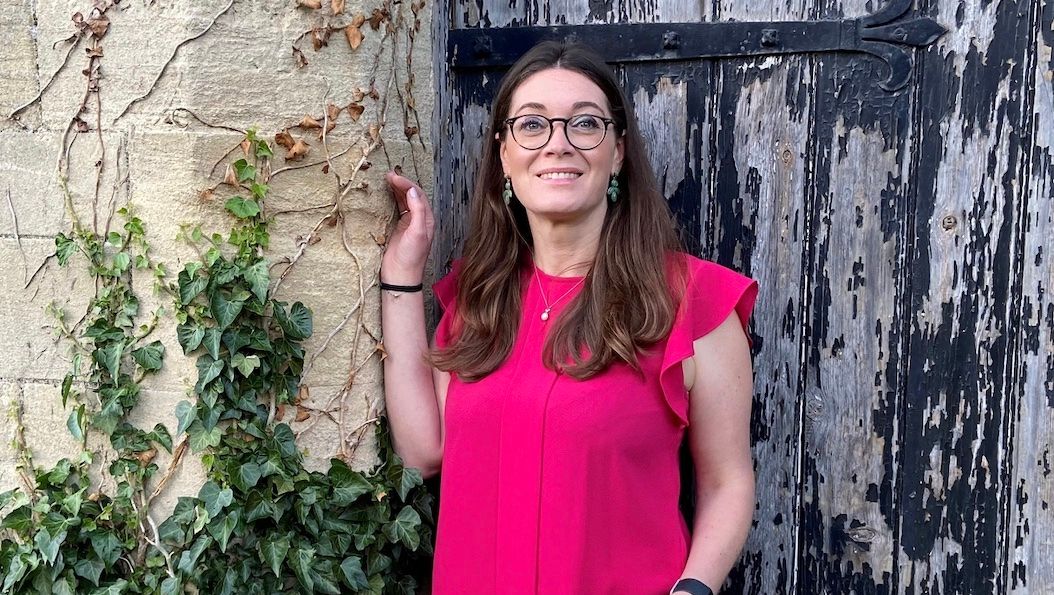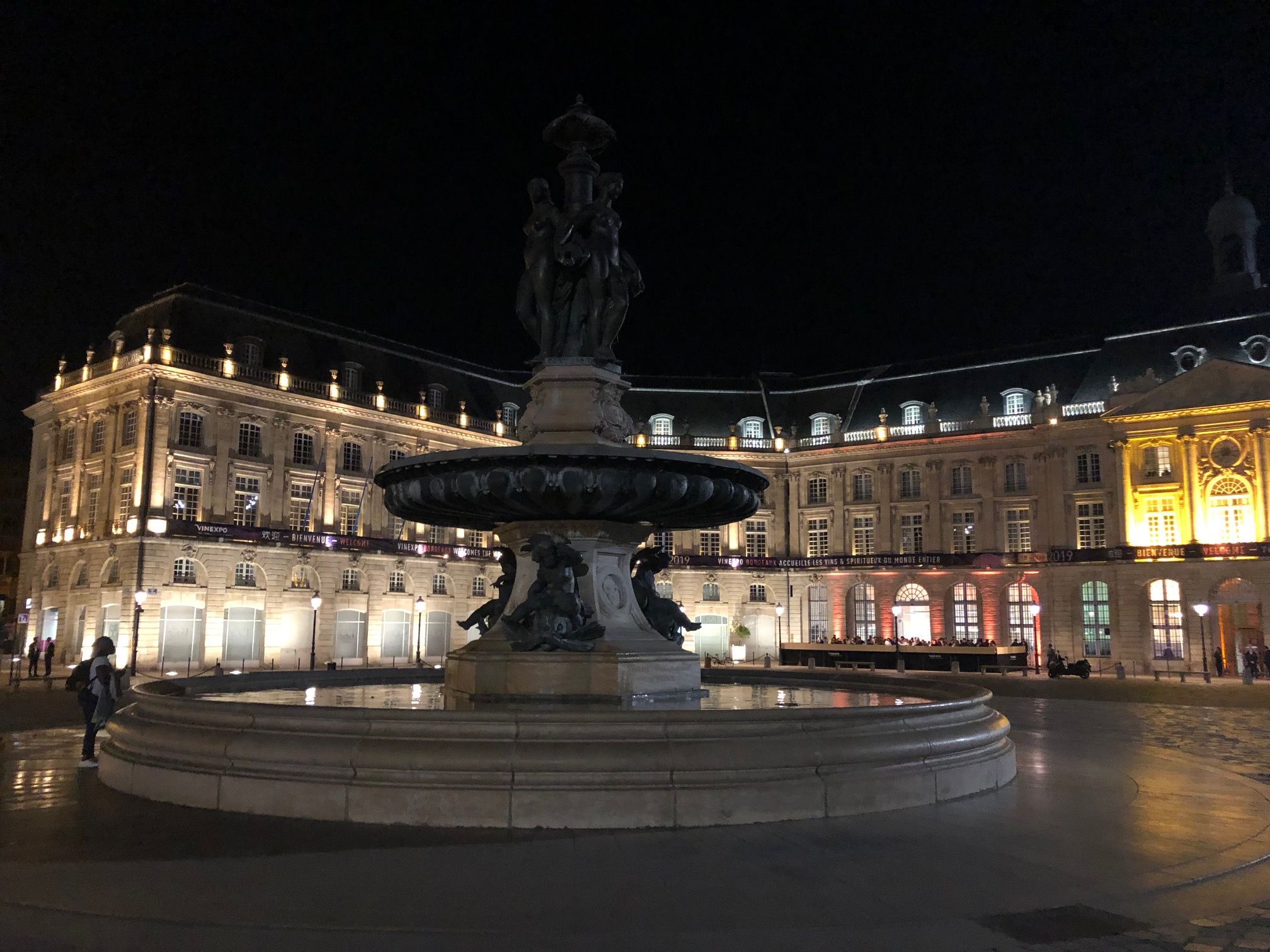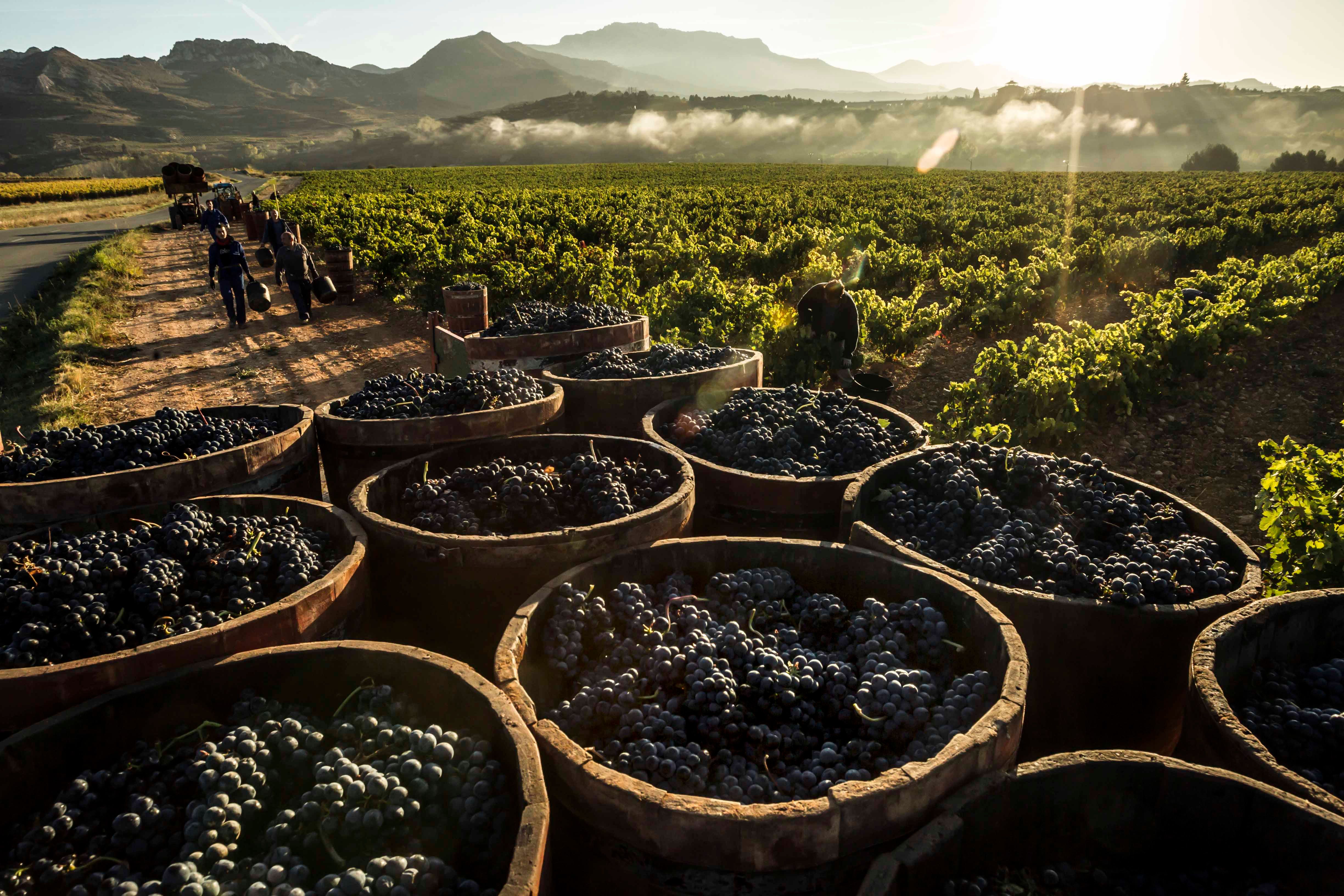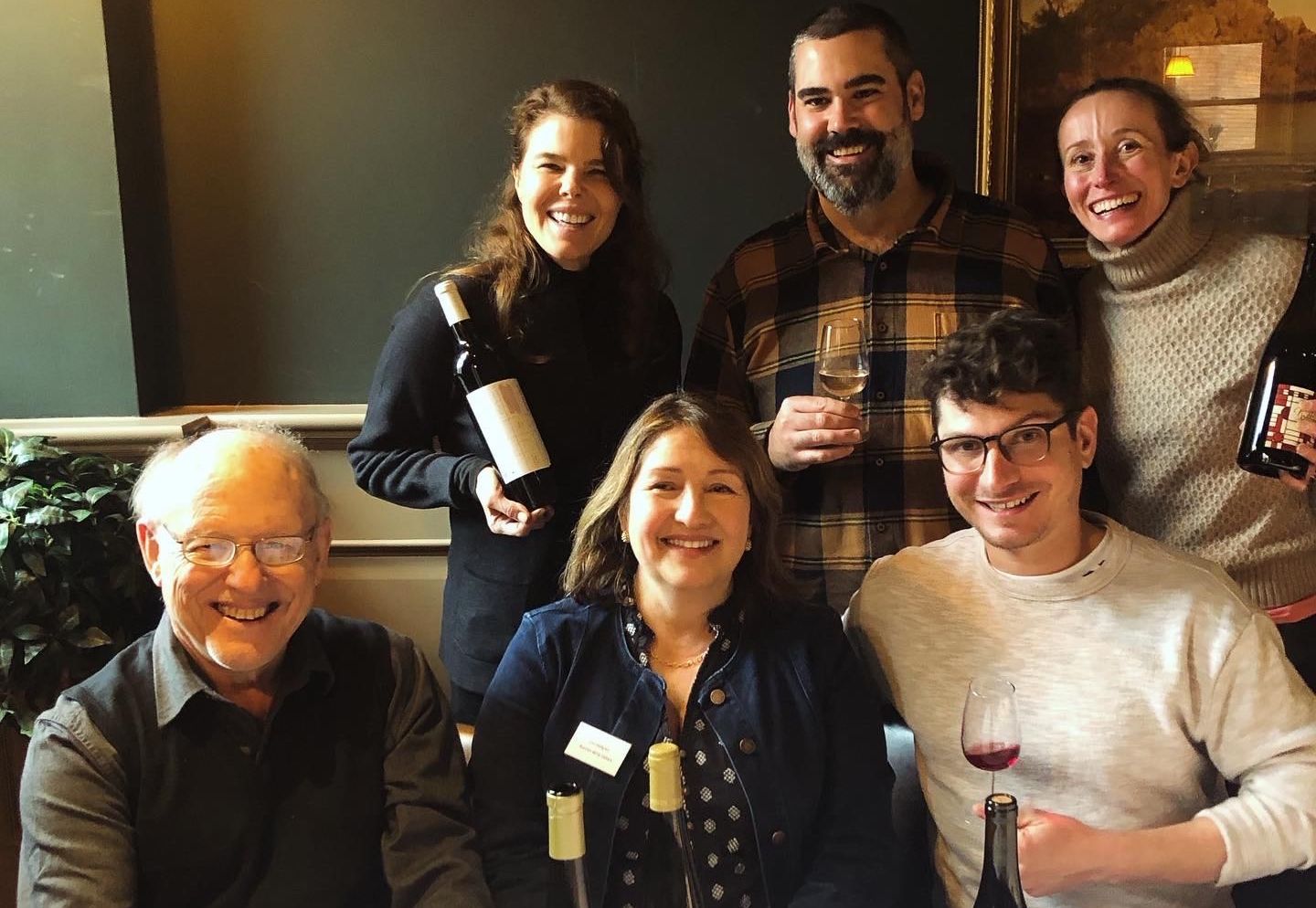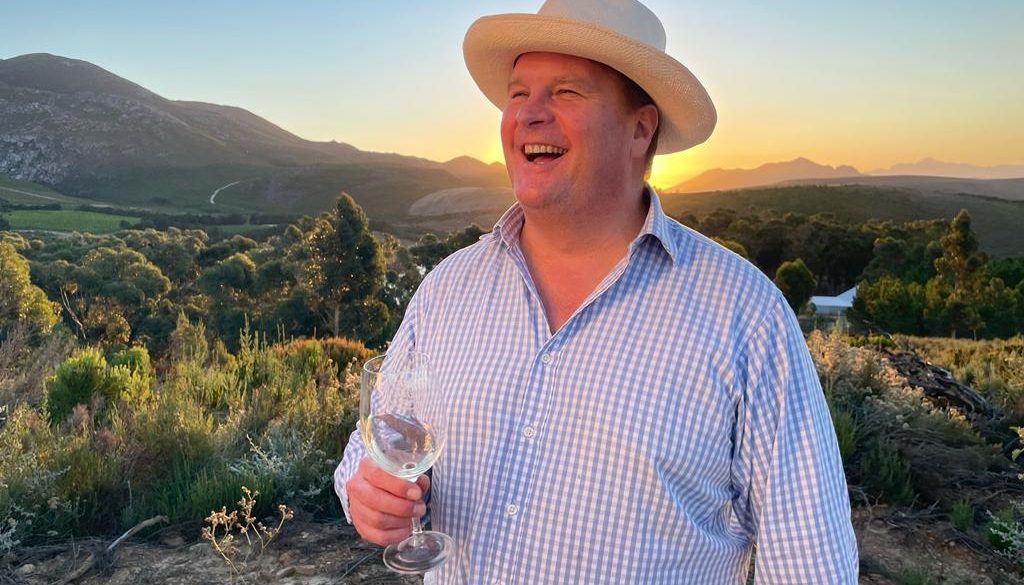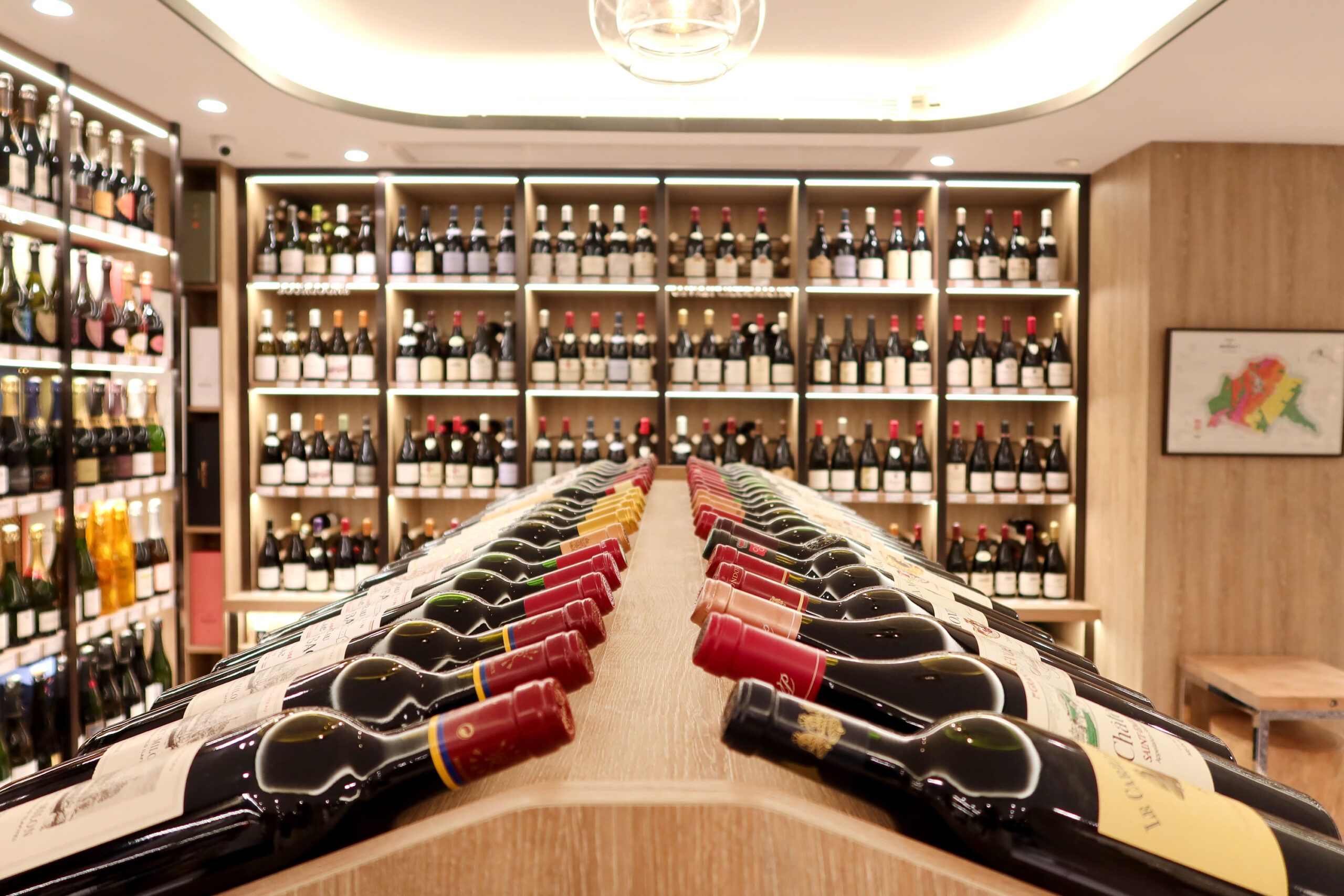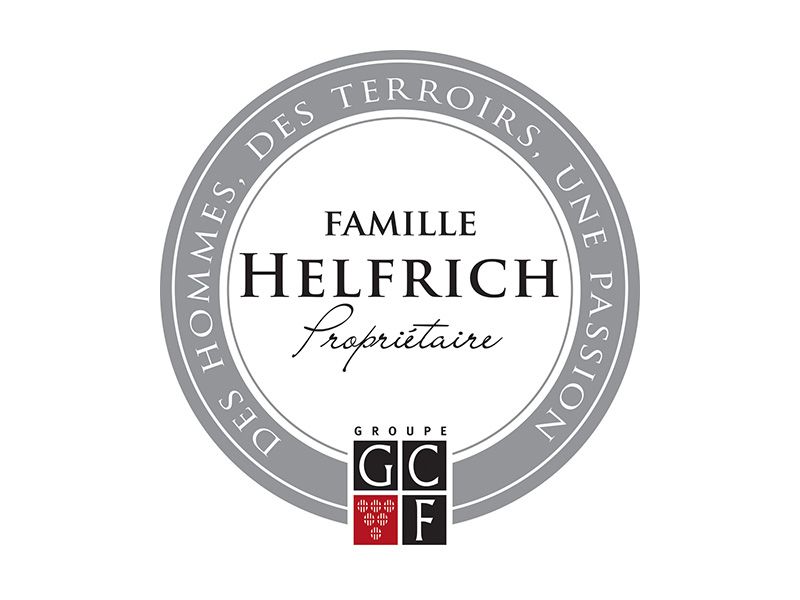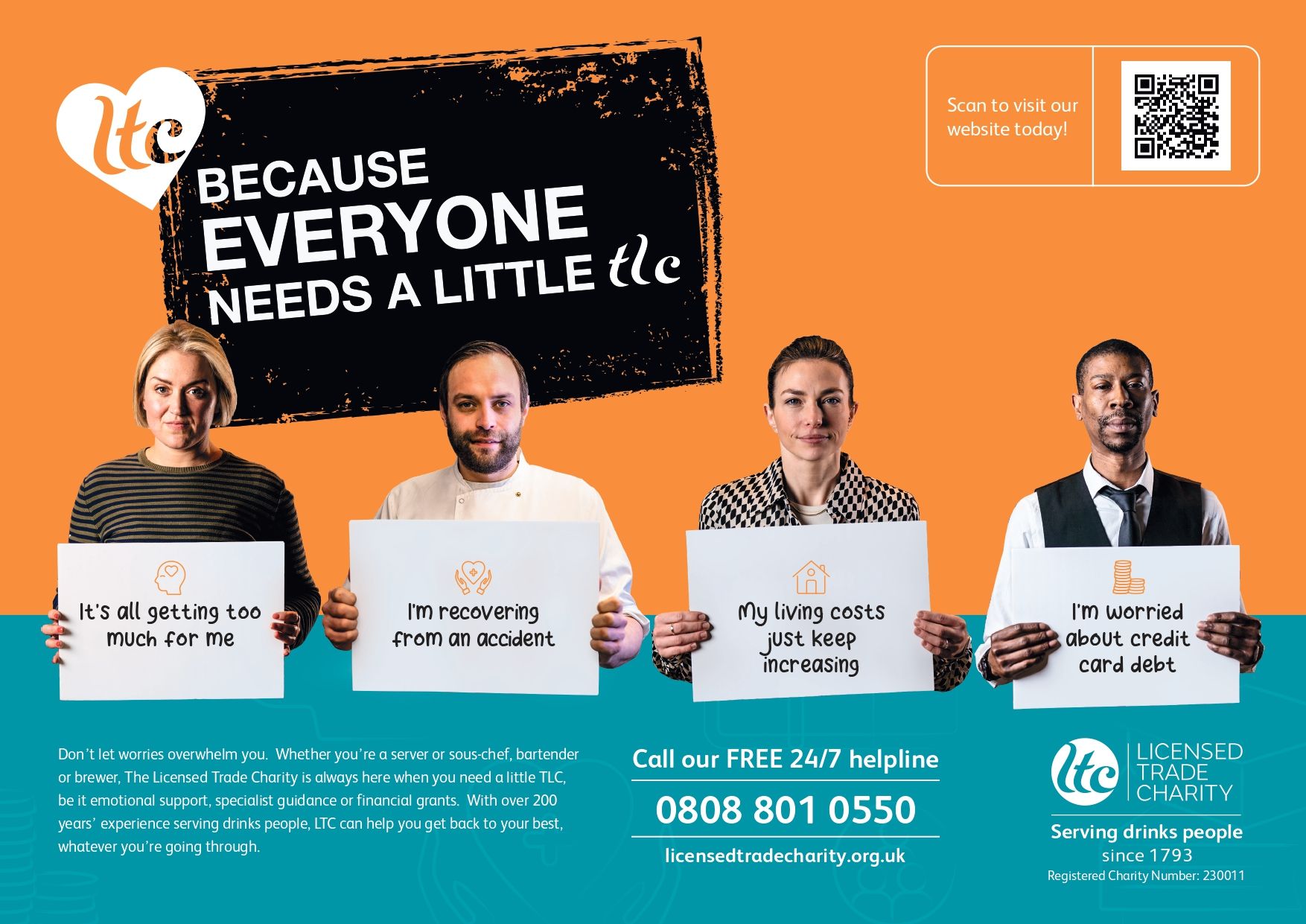The Buyer talks to Kingsland Drinks’ Jo Taylorson, head of marketing and product management and Paul Braydon, head of buying, about its Thirsty Earth sustainability programme.
The climate change crisis means it is beholden on every drinks business to have a sustainability strategy. Particularly multi-million pound operating companies that are working with wineries in every corner of the globe, shifting millions of litres of wine around the world a year. Especially one that supplies one in every eight bottles of wine consumed in the UK.
It is therefore not surprising to hear Kingsland Drinks, one of the UK’s largest drinks bottling companies, has been working on sustainability initiatives ever since it first started in wines and spirits in 1955. They may not have been referred to as ‘sustainable’ measures back then, but thinking sustainably always been part of its DNA, says managing director Ed Baker.
“Sustainability has been part of what we do,” said Baker in an interview with The Buyer in April. “We were the first business to bring bulk wine to the UK in the 1960s.”
360 degree approach
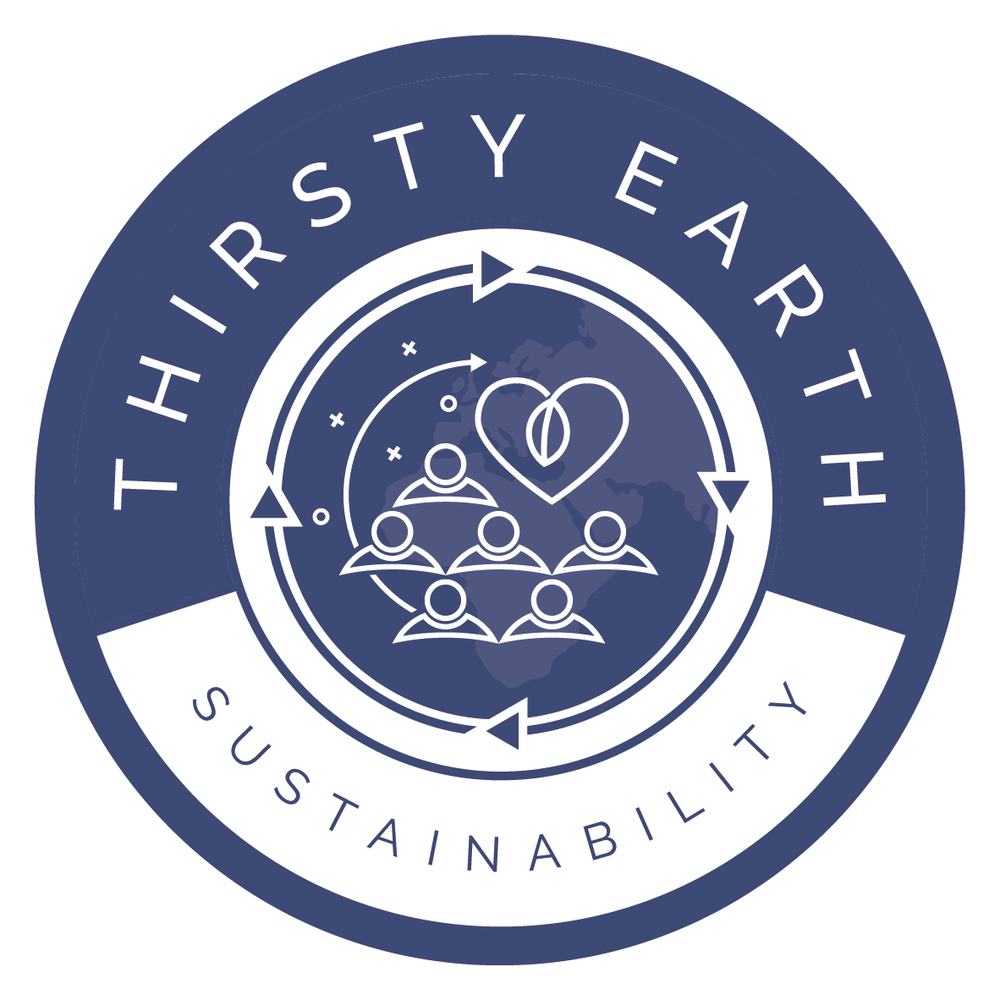
The key difference with its new Thirsty Earth programme is that it takes a 360 degree approach to what the company is doing to tackle not just its environmental impact and carbon footprint, but what influence it is having on its local society and how it is running the business from an economic point of view.
Its sustainability strategy can now be split down into three core pillars, says Jo Taylorson, head of marketing and product development:
- Society, which focuses on supporting charitable ventures, wellbeing, inclusion, and equality.
- Environment, which looks at energy and emissions, waste, renewable energy, recycling and reuse.
- Economy, which includes responsible sourcing and ongoing investment.
“We acknowledged we needed a programme that could bring all the work we are doing together. Historically what we had been doing was more on the environmental side, now we are looking at social and economic too,” she adds.
A strategy that is far more focused on what impact its global supply chain is having on all the “communities we touch” from an economic and social point of view as well.
An approach that has a direct impact on the wines it is buying and sourcing, stresses head of buying Paul Braydon. “That’s one of our key economic goals – to source responsibly.”
He adds: “We endeavour all our goods and services will be as sustainable as possible and work with our suppliers to ensure they have a similar ethos as we do.”
It is not too dissimilar to how it has always worked, particularly as so many of its wine suppliers are long term partners who have grown up alongside Kingsland Drinks.
“A lot of the producers we work with were already doing these things and had their own sustainability goals. But we are now going far more in-depth and looking to take our suppliers on the same journey that we are going on. Certainly, when we look to take on a new supplier then we will make sure their sustainability goals match with ours.”
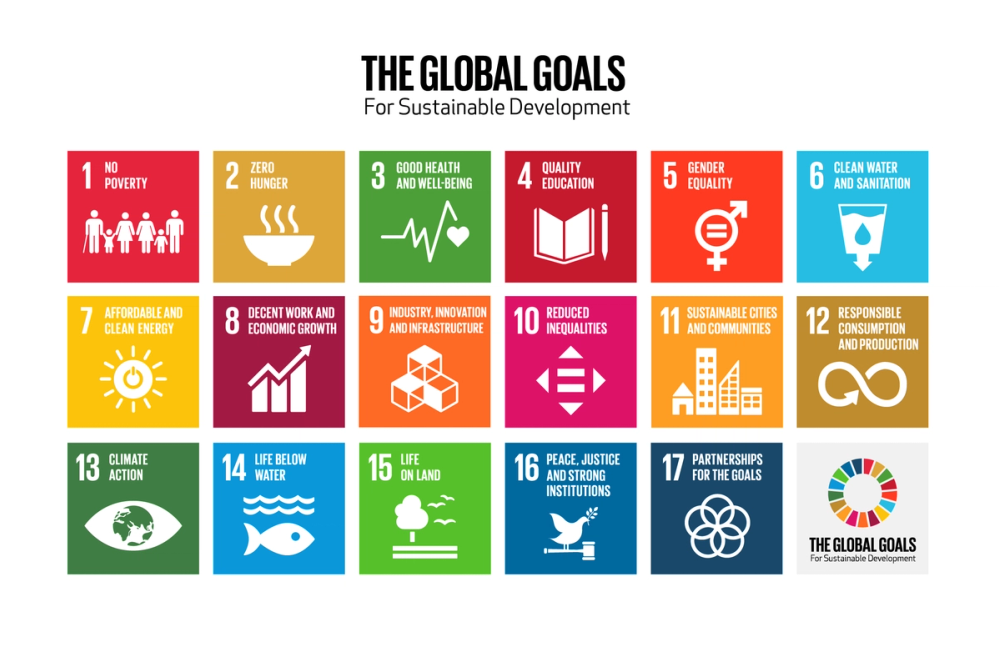
Kingsland has set itself both short term and long term goals to achieve
Kingsland Drinks has been working with Sedex, that specialises in helping businesses source responsibly and sustainably, to ensure it is taking the right steps. “We have learned a lot from them,” says Braydon.
But he also admits as a business that works with most of the major retailers it is becoming a requirement of being able to supply them that you have a full sustainability programme in place that they can equally audit and follow.
“Each big customer will have their own set corporate goals and targets. It is down to us to make sure we are delivering on each one.”
Setting standards
But if Kingsland Drinks is to expect its suppliers to go on the same “sustainability journey” it needs to set out what the steps are it wants them to take and how. Which is why, explains Taylorson, it is currently going through a major audit of its all its suppliers so that it can analyse and monitor the steps they are already taking. It hopes to complete the audit by the end of the year.
The audit covers all of Kingsland Drinks’ suppliers from wine right through to logistics, supply chain, packaging, energy, marketing and advertising.
“That will then give us a view of where our supplier base is versus where we are,” she adds. “By the end of December we will have a full view of how all our suppliers work and how sustainable they are and then we can see how we can work together to help them improve.”
“It is also about getting an understanding of what we are looking for and what sustainability is,” adds Braydon. “Organics and biodynamic winemaking, for example, is only part of it.”
That’s the ultimate goal of Thirsty Earth to have a central place where all this activity can be housed, monitored and acted on, says Taylorson.
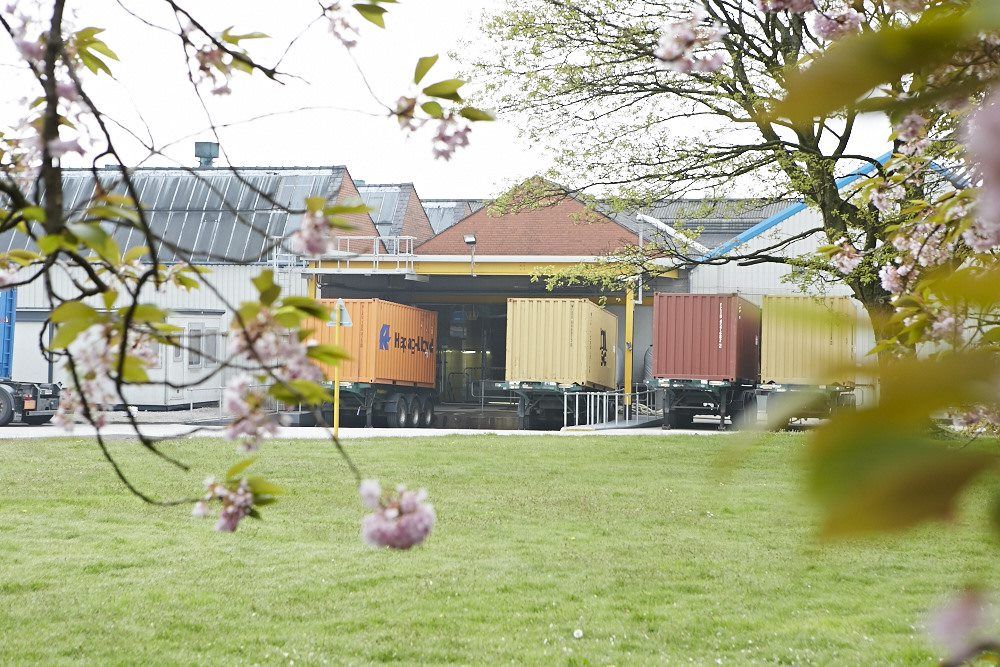
Kingsland Drinks has set achievable short, medium and long term goals to tackle sustainability in its business
To ensure Kingsland Drinks is having a direct impact it is setting itself short term, medium and long term goals it needs to achieve. For example, it has set goals it needs to achieve by the end of 2022 as well as more longer term initiatives that might take years to achieve.
It is looking to ensure all its primary and secondary packaging is in recycling schemes by the end of the year so that it can hit a target of 92% recyclable waste by the end of 2022.
From a societal point of view it wants to have six mental health champions trained and working in the business by the end of the year and to raise £10k to be invested in local wellbeing projects in the community.
Then in terms of economic impact it is looking to train 95% of all its colleagues in how to use and implement green measures in their every day work in order to cut down on waste.
It has also set up a “conscious” premium drinks company Ten Locks which work with a “portfolio of purpose-led brands striving for positive change”.
“It’s all about having tangible goals,” says Taylorson. “We have targets aligned to the goals we have set as a business. We all know what we are striving for.”
Much of this work is co-ordinated by Kingsland Drinks’ very own environment manager, Dr Andy Horrocks, who has been that role since 2015. By having a dedicated approach, it can commit to both short and long term targets, says Braydon.
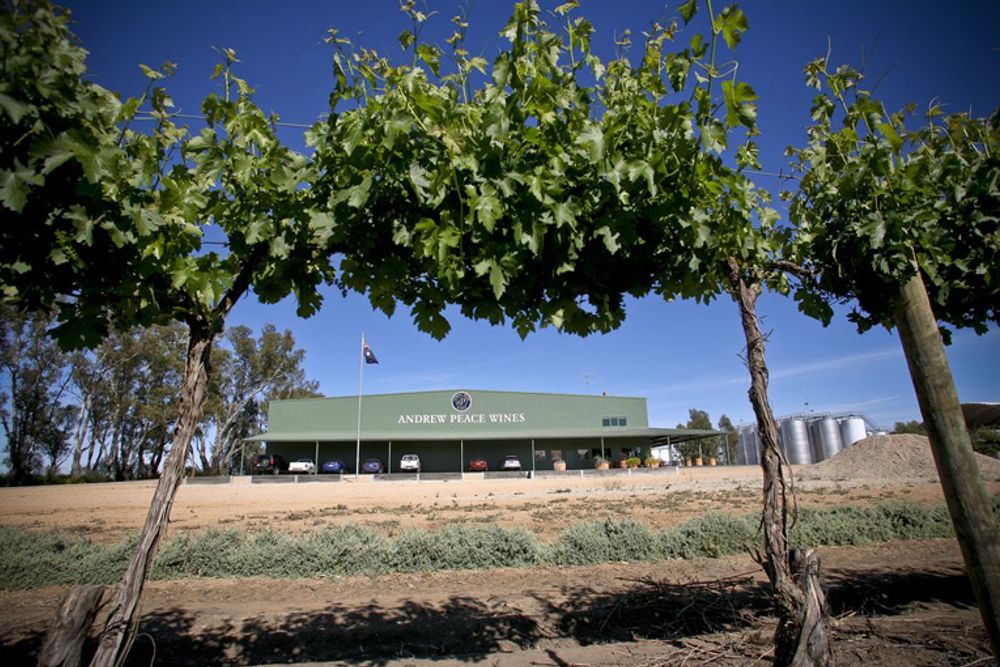
Andrew Peace in Australia is one of Kingsland’s strategic sourcing partners that has a comprehensive sustainability strategy
Major winemaking sustainability programmes around the world can really help fast track the process, he adds, particularly if you know a producer has signed up to and is meeting the standards set by the respected Lodi Rules initiative in California, such as the McManis Family Petite Sirah. “With a huge focus on the health and sustainability of its vineyards, Sustainable Winegrowing in Australia is the national programme Andrew Peace Wines adheres to – a long standing partner producer of Kingsland Drinks,” he says.
“The family winemaker is continuously enhancing its sustainable practices – from installing 1574kw of solar panels, planting thousands of trees, implementing waste and pest management systems, reusing 100 percent of the winery waste water and organic waste, and much more.”
Sustainable brands
Taylorson says consumers expect a “level of sustainability from the products they are buying”. That could be directly through the winemaking or, like with The Hidden Sea, the added value of what they are doing with the environment that “we can shout about”.
“We want to get to the position where our portfolio of wines all have sustainability credentials. There will be a minimum point where we will want everyone to be at and then have wineries that will go above and beyond.”
Braydon says it is great to work with an increasing number of producers that are doing so much to re-generate their soils and their local biodversity. Great strides are being made by organic producers like Sensi in Chianti, and wineries such as Chateau Magnol in Bordeaux, that is certified HVE (High Environmental Value) and is a member of the first organisation for the Environmental Management System for Bordeaux Wines.
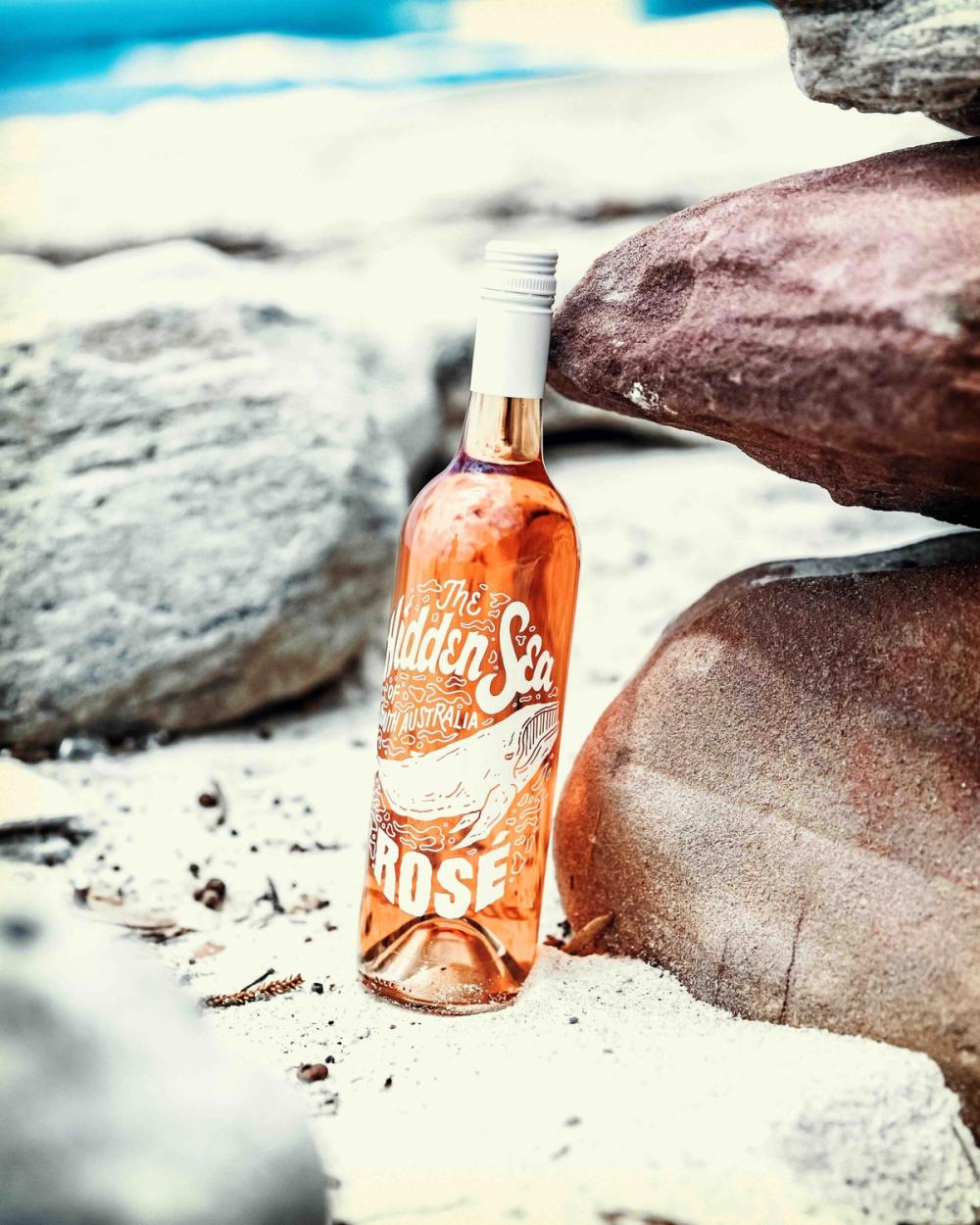
The Hidden Sea pledges to take plastic out of the sea for every bottle sold
One key area for debate with its suppliers will be light weighting of bottles and working with them to introduce, where possible, 320gm bottles that it believes is the optimum weight to both act sustainably whilst not losing your consumer appeal.
“Light weighting for glass bottles is a huge topic,” says Taylorson, “and one of the big projects we are looking at.” Whilst conceding it won’t be the answer for all its producers or consumers.
It’s where the work Kingsland Drinks is doing with its glass suppliers, including Encirc, can have an impact and potentially offer new solutions to producers down the line. ‘We are working on long term lighter options and are doing the best we can,” she adds.
Bottling issues
Locally sourcing glass works well for wines bottled in market – it can cut the carbon emissions by 40% alone. But it is also how the wineries get the wine to the ports that matters. Andrew Peace in Australia, for example, is making carbon cuts by switching transporting its tanks from road to rail.
Taylorson says around 15% of the wines it works with are bottled at source and it is a constant conversation with suppliers and the new product development teams to find the most suitable way to transport and pack for any particular brand.
“We look at what is the best route for our suppliers and the materials they are using.”
Bottling in market is always not the answer, particularly when working with more traditional parts of Europe where it is not possible to ship in bulk like Rioja or the volumes mean it makes more sense to bottle locally.
“As we have broadened our customer base outside of the multiples we have needed to be a bit more nuanced in our sourcing and look at what we can offer at different price points,” said Braydon.
Then there are the opportunities around alternative packaging formats like bag-in-box and cans.
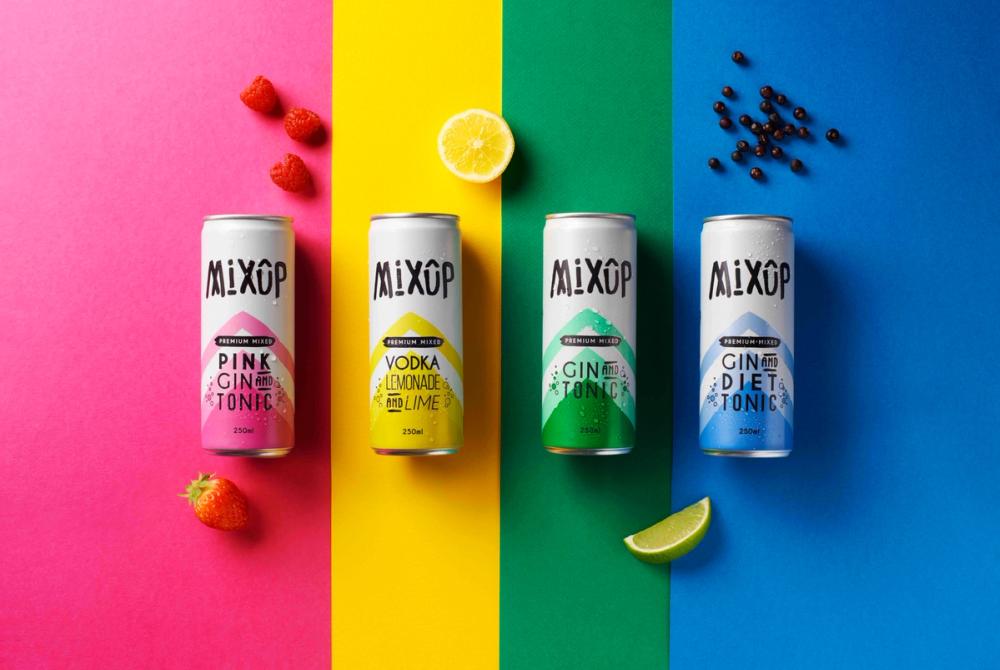
Mix Up is part of the NPD programme at Kingsland Drinks that is both introducing innovative drinks but also driving sustainability at the same time
“It is something we have invested in a lot over the last three years and where we are seeing more and more interest,” says Braydon “We can now do premixed cans, sparkling and still – and our first forays into this sector are our branded ranges, Vin Crowd and Mix Up, with more NPD in the pipeline to tap in to this burgeoning market.”
Kingsland Drinks is also doing far more contract spirits works, with spirits now accounting for 8% to 10% of its turnover which has gone up considerably in the last few years. “We can offer a wide choice to a bigger range of customers,” says Braydon.
He says as a buyer the sustainability approach means there are lot more factors to consider than simply the quality and price of the wine. But it also makes his job far more rounded and involved in all aspects of buying and sourcing.
“There are a number of whole new factors we now have to take into consideration but it is exciting and interesting to be able to work with our suppliers in this way and looking at ways we can help each other,” he explains. “There are so many more areas that now have to be considered both upstream and downstream.”
“My team’s brief is still to go out and find the best wines we can for our customers. Our portfolio is evolving all the time as we identify and source new varietals and wines from emerging regions, such as our recent partnership with The Iconic Estate in Romania.”
Track and trace
Kingsland Drinks is also working with third party sustainability experts who can help the business monitor, track and record the steps it is taking, says Taylorson. “We have got in specialist help for that and make sure we are not double counting. It is a complicated process to get right.”
It is also a communications challenge to make sure everyone in the business understands their sustainability goals and targets and that they are achievable and practical.
An employee app developed in lockdown has really helped with that, says Braydon, as is the fact the business is now 51 percent employee-owned meaning there is a genuine all in it together mentality across the business.
“You have to make sure you are getting the message across in a way that is relevant to all colleagues,” says Taylorson. “But it is really important that everyone knows and appreciates what we are doing and their role in how they can help.”
- Kingsland Drinks is a supplier partner to The Buyer.
